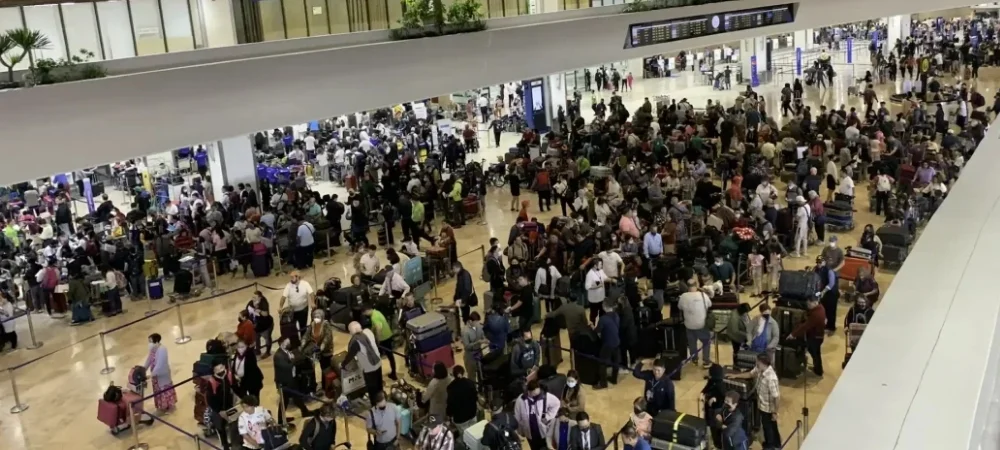Philippine and Chinese authorities repatriated nearly 200 Chinese nationals involved in offshore online gaming operations on Thursday. Law enforcement agencies from both countries worked closely under a joint initiative to carry out the operation. The Chinese Embassy in Manila confirmed the update and emphasized the steady progress made through bilateral cooperation.
In its official statement, the Chinese Embassy described the repatriation as a major milestone. It also recognized the ongoing collaboration between China and the Philippines to eliminate illegal offshore gaming networks.
Earlier this year, in July, President Ferdinand Marcos Jr. declared that Philippine Offshore Gaming Operators (POGOs), now called Internet Gaming Licensees (IGLs), must shut down operations by the end of 2024. Shortly after this announcement, a Chinese Embassy spokesperson welcomed the decision. The representative cited China’s strict stance against all forms of gambling and called the move a step toward greater regional security.
Following the president’s directive, the Chinese Embassy actively arranged the return of citizens tied to illegal gaming activities. By August and September, embassy officials had already coordinated the repatriation of around 130 Chinese nationals.
In a stronger move, President Marcos signed an executive order in November that banned all offshore gaming operations nationwide. This sweeping order now prohibits current operations, new license applications, renewals, and unauthorized activities. The government based the ban on what it described as “high reputational risks” associated with POGOs and IGLs. These risks, the executive order noted, directly threaten the Philippines’ broader goals of attracting sustainable foreign investment and boosting tourism.
As both governments continue to align on enforcement, authorities stress that cross-border cooperation remains essential. The joint effort reflects a broader strategy to protect public safety, uphold legal standards, and clean up the country’s investment image.












